Dhaka, August 9, (V7N) — Despite the passage of 15 years since the tragic Pilkhana massacre during the Bangladesh Rifles (BDR) rebellion, the legal process remains incomplete. The nation continues to grapple with the fallout from one of the darkest chapters in its history, as the trials connected to the incident languish in court.
The massacre, which occurred on February 25, 2009, saw 74 people, including 57 army officers, brutally murdered by mutinous BDR members within the confines of the Pilkhana headquarters in Dhaka. The rebellion, which lasted 33 hours, left the country in shock, with widespread calls for justice.
However, the trial process has been long and complex. The murder case, one of two cases stemming from the incident, is still awaiting a hearing in the Appellate Division. Meanwhile, the case filed under the Explosives Act remains pending in a lower court. The lengthy legal proceedings have left many questioning when, or if, justice will be fully served.
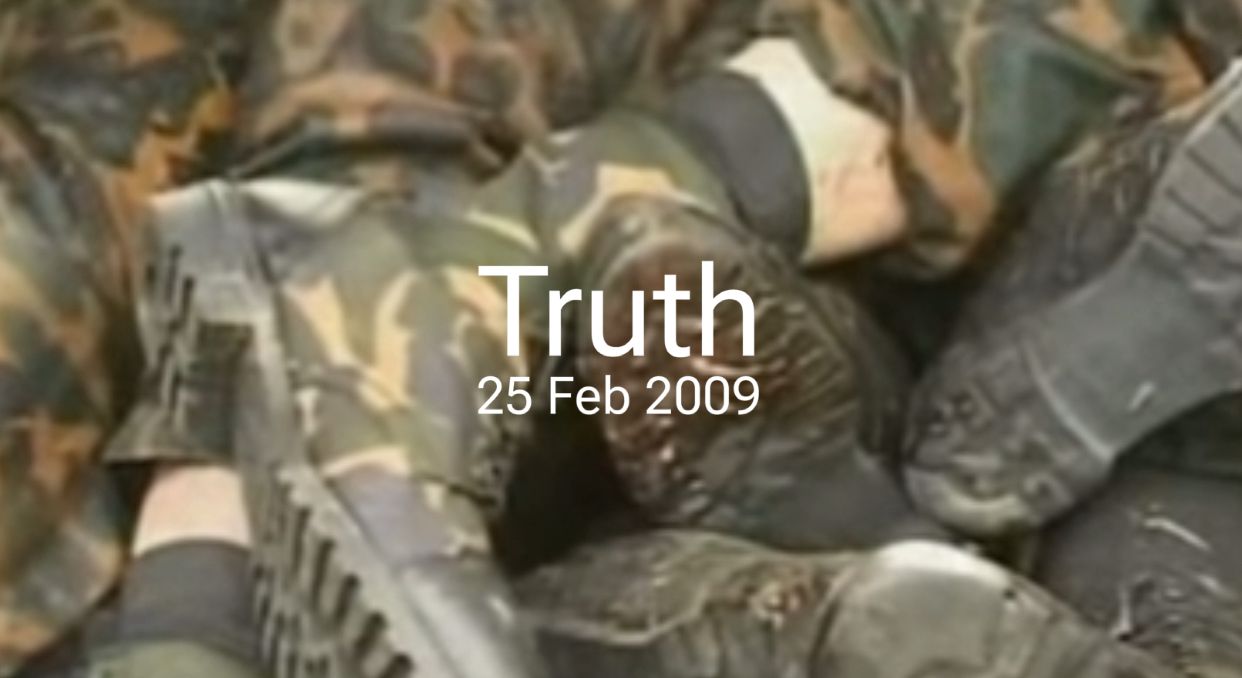
Attorney General AM Amin Uddin acknowledged the enormity of the case, noting that the sheer number of accused and witnesses has made the appeal process particularly challenging. "This is a very large case from the point of view of the accused and the witnesses. The hearing of the appeal may take several months, which is why a separate bench of the Appellate Division needs to be established. We are hopeful that the hearing will begin this year," he stated.
The initial trial concluded on November 5, 2013, with the conviction of 850 individuals. Of these, 152 were sentenced to death, 160 were given life sentences, and 256 received various other punishments. A total of 277 individuals were acquitted. The High Court later upheld the death sentences of 139 accused, and 185 were sentenced to life imprisonment.
Yet, justice has been delayed as 226 convicted individuals have filed appeals, while the state has appealed against the acquittal or reduced sentences of 83 individuals. These appeals remain in legal limbo, with no definitive timeline for resolution.
The events of February 25, 2009, began when a routine Darbar, or assembly, at Pilkhana’s Durbar Hall turned into a bloodbath. BDR Director General (DG) Major General Shakeel Ahmed was addressing the assembly when mutinous soldiers, led by Sepoy Main and others, stormed the hall and took control. What followed was a horrific two-day siege, with army officers and their families being killed, tortured, and held hostage.
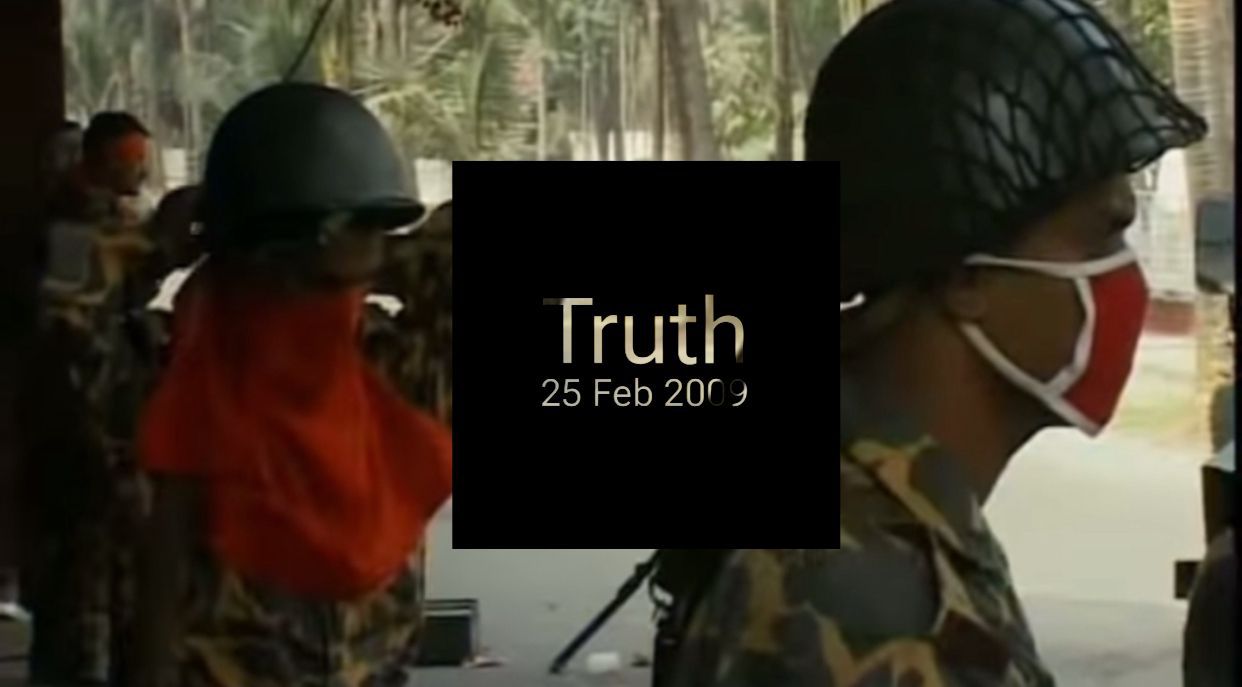
As the rebellion raged on, the mutineers looted arms and ammunition, resisting efforts by the military to quell the uprising. It wasn’t until the night of February 26 that the insurgents began to surrender, and by February 27, the situation was under control. The discovery of mass graves within Pilkhana the next day underscored the brutality of the mutiny.
In the aftermath, the government launched an extensive investigation, uncovering dissatisfaction among BDR soldiers over issues such as discrimination in UN mission opportunities, rationing, and financial embezzlement. The mutiny had been carefully planned, with some BDR members allegedly seeking support from political figures.
Fifteen years on, the victims' families and the nation await closure. The slow pace of justice continues to be a source of frustration and sorrow, with the memories of that fateful February still fresh in the minds of many.
END/SMA/



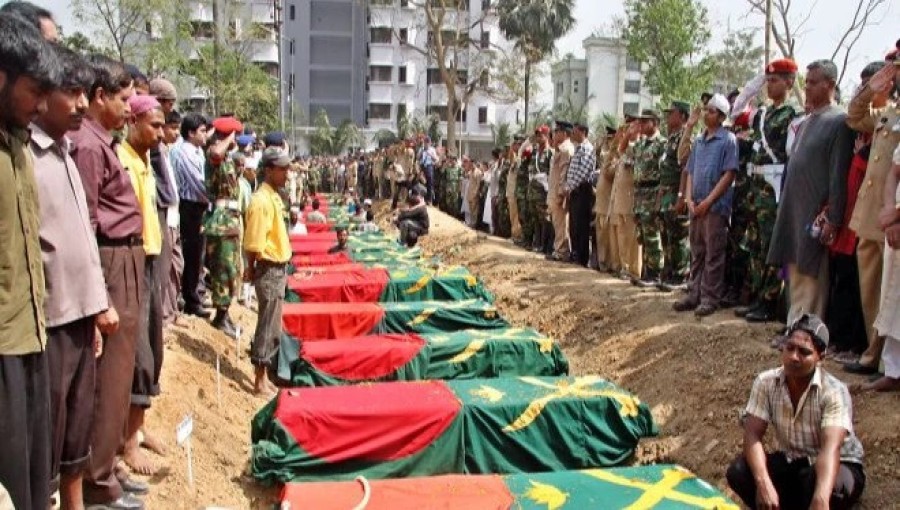
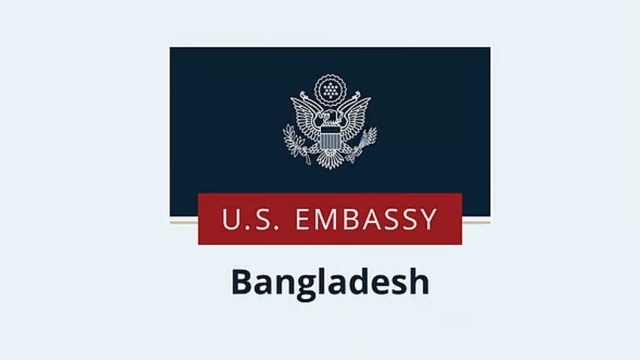
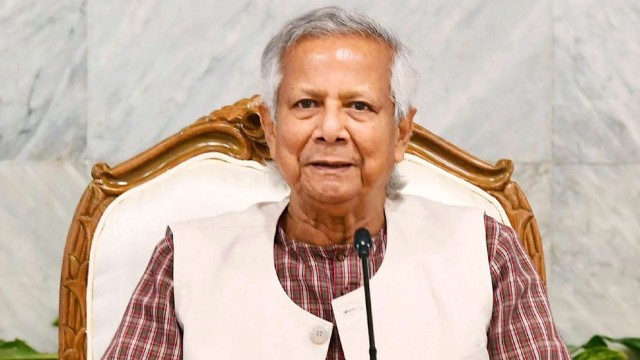
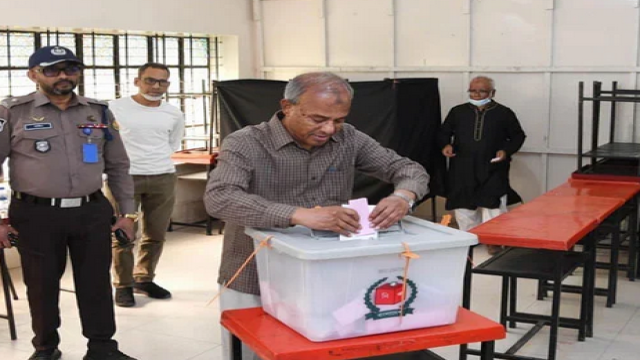
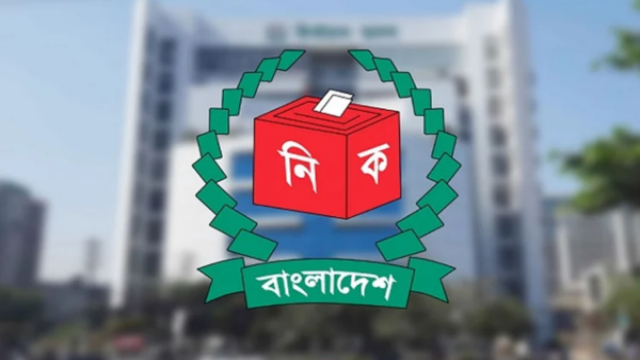
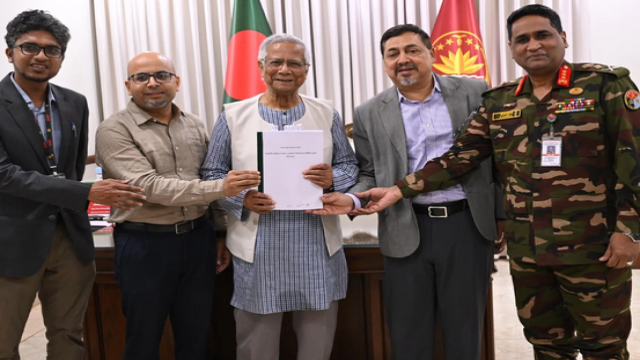
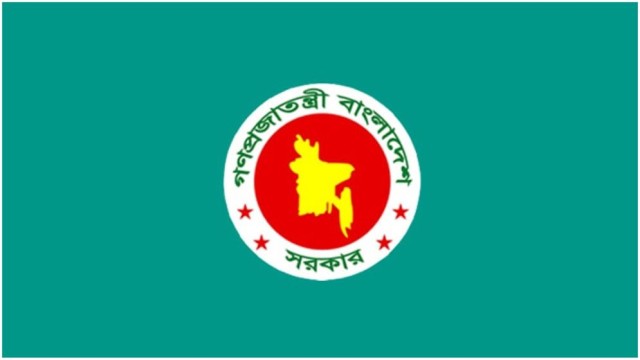
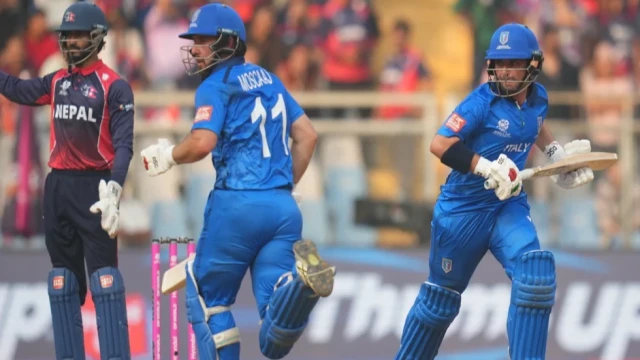
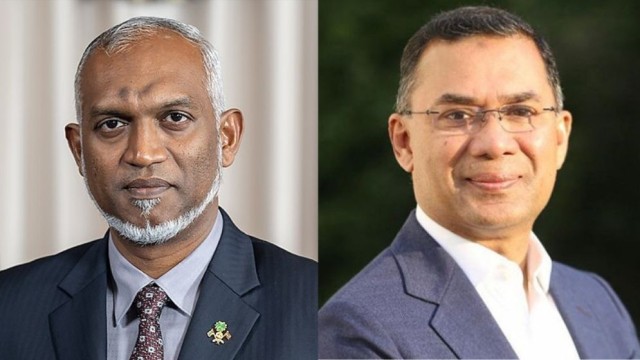
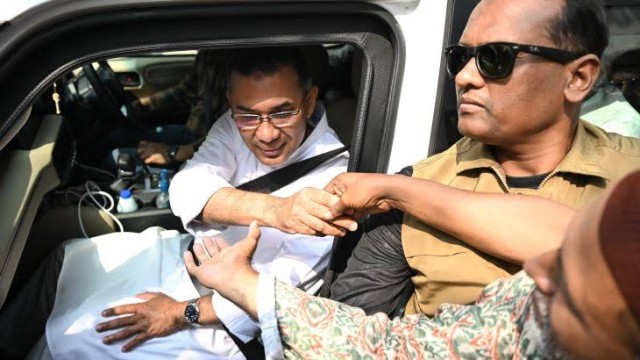
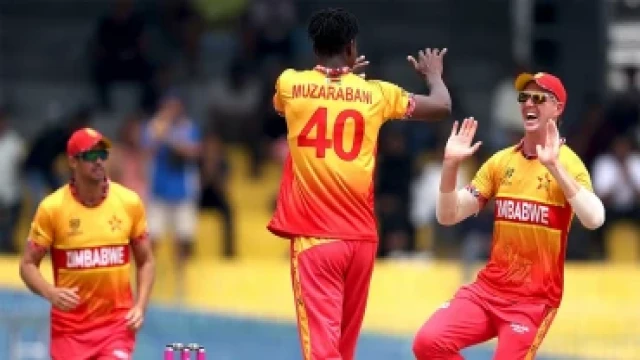

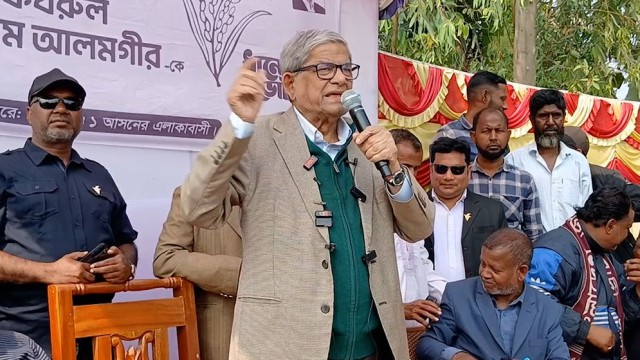
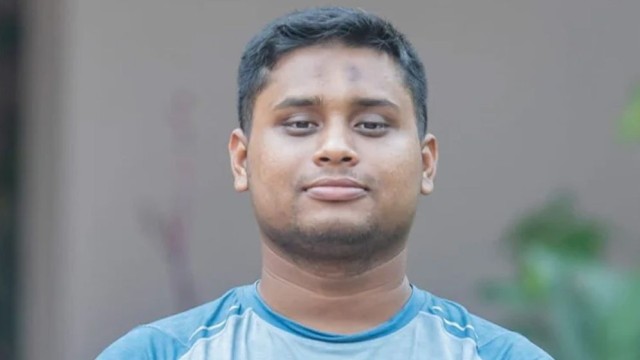














Comment: